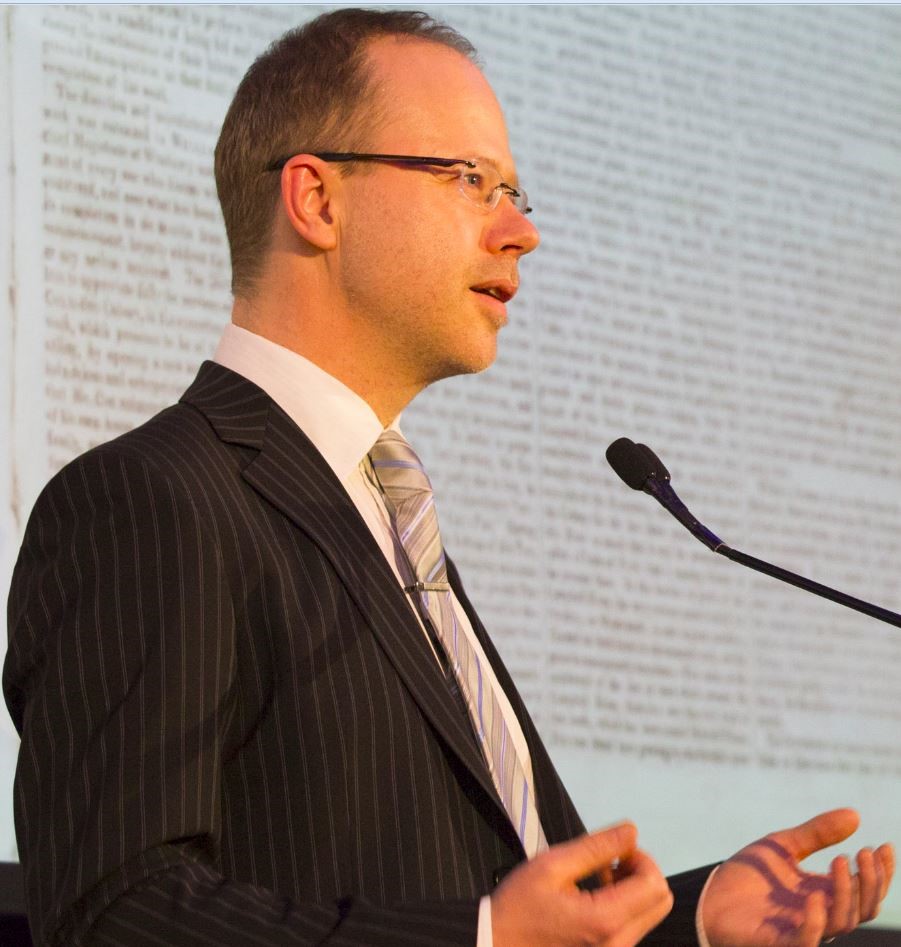Digital history spans disciplines and can take many forms. Computer technology started to revolutionize the study of history more than three decades ago, and yet genres and formats for recording and presenting history using digital media are not well established and we are only now starting to see large-scale benefits. New modes of publication, new methods for doing research, and new channels of communication are making historical research richer, more relevant, and globally accessible. Many applications of computer-based research and publication are natural extensions of the established techniques for researching and writing history. Others are consciously experimental. This chapter discusses the latest advances in the digital history field and explores how new media technologies are reconfiguring the study of the past.
Technological innovation in the early twenty-first century is transforming the study of the past. At no time arguably since the invention of the printing press has history been so popular, so richly documented, so accessible, and reached and influenced so many people as it now does. Global interconnections enabled by the digital media environment are a central factor in these transformations. They have opened the way for new approaches to record and communicate the complexity of the past. The explosion of interest in history has not only been generated by research organizations and collecting institutions. In fact, history departments have generally been slow to embrace the possibilities that new media innovation offers. Rather, the surge of interest has come from the public. People everywhere are studying the past with a new degree of sophistication, partly because they have access to a vast and ever-increasing store of online information that was previously unavailable. In turn, people are using digital tools and online services to tell their own stories and track their own histories. This is creating new sorts of primary documents that will form the records for future historians.
This everyday history making is often aligned with the larger democratic turn in historical studies. Perhaps this democratic turn is just another “turn”—following closely on the spatial turn, the linguistic turn, and the cultural turn—but it is arguably much more powerful because it has drawn so many more people to the study of the past.[1] When Edward Ayers referred to democratization more than a decade ago in his important essay “The Pasts and Futures of Digital History” (1999), he was arguing for greater public access to digitized primary sources.[2] Ayers’ vision is coming to fruition on an immense scale. The future is full of the promise of even greater access and public benefit from the availability of digitized primary material. Digital media and associated global communication channels are enmeshed with this democratization of history in further, equally important, ways. They have made it possible for “ordinary” people to create their own historical archives by recording their stories in affordable formats that can be readily exchanged and stored.[3]
[extract]
Arthur, Paul Longley. “Toward a Global Digital History.” In Global Media, Culture, and Identity: Theory, Cases, and Approaches, ed. Rohit Chopra and Radhika Gajjala, 175–87. New York: Routledge, 2011.
[1] This democratization began long ago with the idea that history should be available to anyone—that it should not only be the domain of specialists. Collecting institutions increasingly opened their holdings to the public rather than only to scholars. In the last century, there was a widening of the topics of history that corresponded with developing poststructuralist and postmodernist approaches, resulting in general agreement that all subjects are worthy of study and all kinds of lives and experiences should be recorded as accurately as possible, even (or especially) if this highlights conflicting perspectives.
[2] Edward L Ayers, “The Pasts and Futures of Digital History,” 1999, http://www,vcdh.virginia.edu/PastsFutures.html (accessed April 17, 2010).
[3] This personal exchange and storage is being actively encouraged by major national collecting institutions. For example, the National Archives of Australia project “Remembering Our Anzacs” allows users to create and share “scrapbooks” of digital material of interest. See http://mappingouranzacs.naa,gov.au/login.aspx (accessed May 15, 2010).






